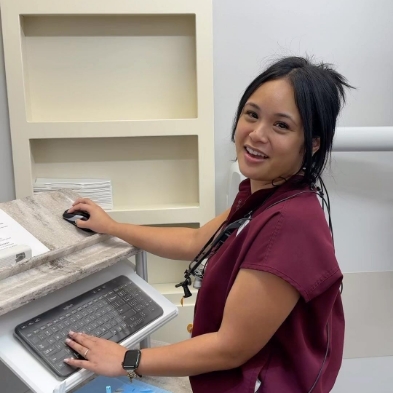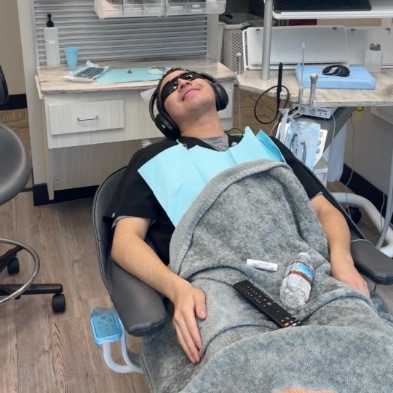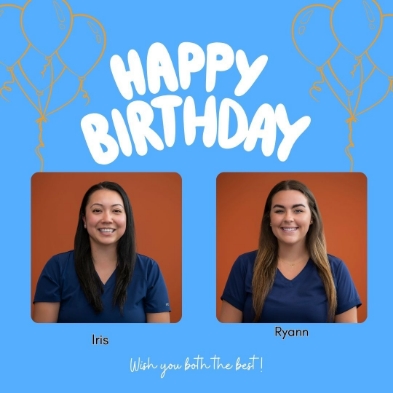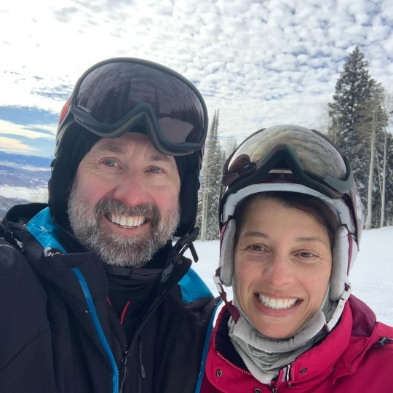Central Sleep Apnea Arlington Heights
The Lesser-Known Sleep Apnea
When most people talk about sleep apnea, they are referring to obstructive sleep apnea (OSA), a disorder that afflicts many millions of people across the U.S. But did you know that there are multiple types of sleep apnea? The lesser-known version of this disorder is central sleep apnea (CSA), which is just as dangerous as OSA but not as widely understood. What exactly is CSA, and how can you know if you should see a doctor to talk about it? This page explains more about central sleep apnea in Arlington Heights.
What Is Central Sleep Apnea?
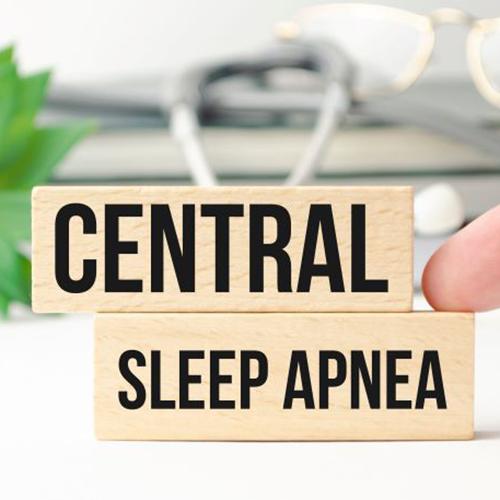
Both OSA and CSA are characterized by repeated episodes during sleep when a person is not breathing or has reduced breathing. These episodes, known as apneas and hypopneas (respectively) can occur many times each night.
OSA occurs because tissues in the throat block the free flow of oxygen. CSA, on the other hand, occurs when the brain does not send the correct signals to the muscles that control breathing.
What Causes Central Sleep Apnea?

In some cases, the cause of CSA remains unknown. That type of CSA is often referred to as idiopathic or primary CSA. In other instances, CSA occurs due to:
- Cheyne-Stokes breathing. This condition is present in roughly half of all CSA cases. It is defined by a cycle wherein a person’s breathing speeds up, slows down, and stops completely before it starts up again.
- Medications. Some narcotics, such as morphine and oxycodone, are associated with breathing problems during sleep.
- High altitude. Central sleep apnea is more common among individuals who sleep at an altitude above 8,000 feet.
- Medical conditions. Heart failure, kidney failure, stroke, and Parkinson’s disease are all linked to a heightened risk of CSA.
Possible Complications of Central Sleep Apnea

On the surface, it might seem like CSA is little more than an annoyance — but that is far from the truth. This disorder is associated with an increased risk of several serious health complications, including:
- Heart attack
- Heart failure
- Uneven heartbeat
- Diabetes
- Stroke
- Obesity
- High blood pressure
Also, keep in mind that if you are already coping with serious health conditions, including those mentioned above, CSA may worsen them and make them more difficult to control. For example, inadequate sleep can increase cravings for high-carb foods and make it more difficult for individuals with diabetes to consume a balanced diet.
When Should You See a Doctor for Central Sleep Apnea?

If you are always exhausted, your partner has noticed that you stop breathing during sleep, or you have serious risk factors for CSA, it may be in your best interests to book a consultation with your primary care practitioner. They can evaluate the details of your case and recommend your next steps. They may refer you for a sleep test, which can reveal for sure whether you have CSA.
After you receive a diagnosis, you can learn about your treatment options. Addressing CSA is not always easy; the best course of action depends on what is causing the problem. In certain cases, CPAP therapy and/or an oral appliance from a dentist can be helpful. This is especially true in individuals with combined sleep apnea, which occurs when a person has both OSA and CSA.
I Need a Checkup & Cleaning I am Looking for a Dentist for My Child I am Concerned About Bleeding Gums I Have a Cavity or Broken Tooth I am Missing One or More Teeth I am Unhappy with My Smile I am Scared of the Dentist I am in Pain & Need Help I Need My Wisdom Teeth Removed I am Concerned about Sleep Apnea I Would Like to Reduce the Appearance of Fine Lines & Wrinkles View Our Services

